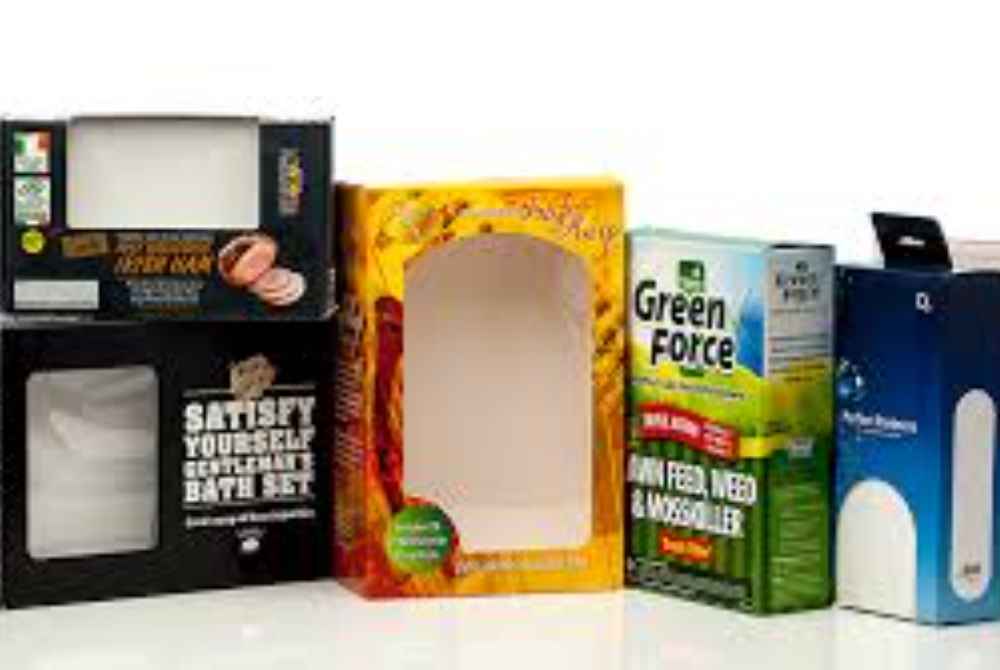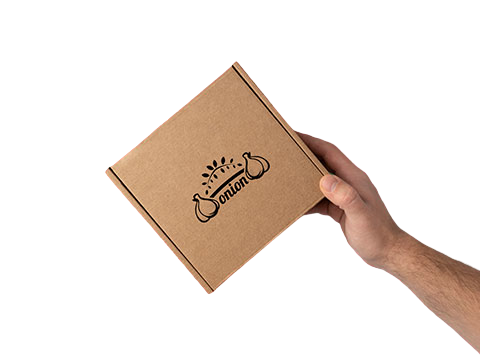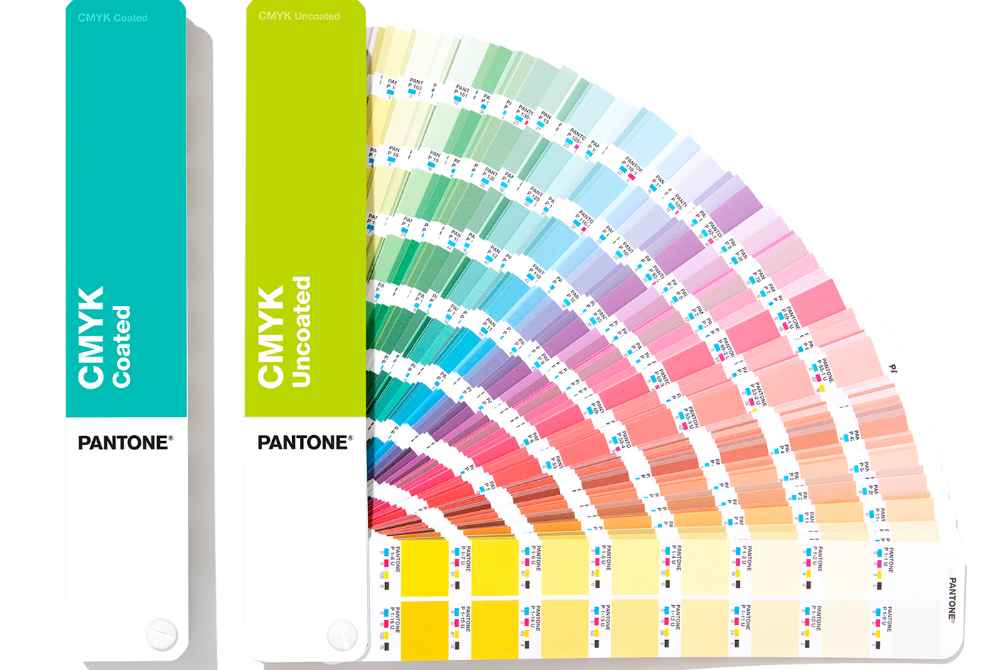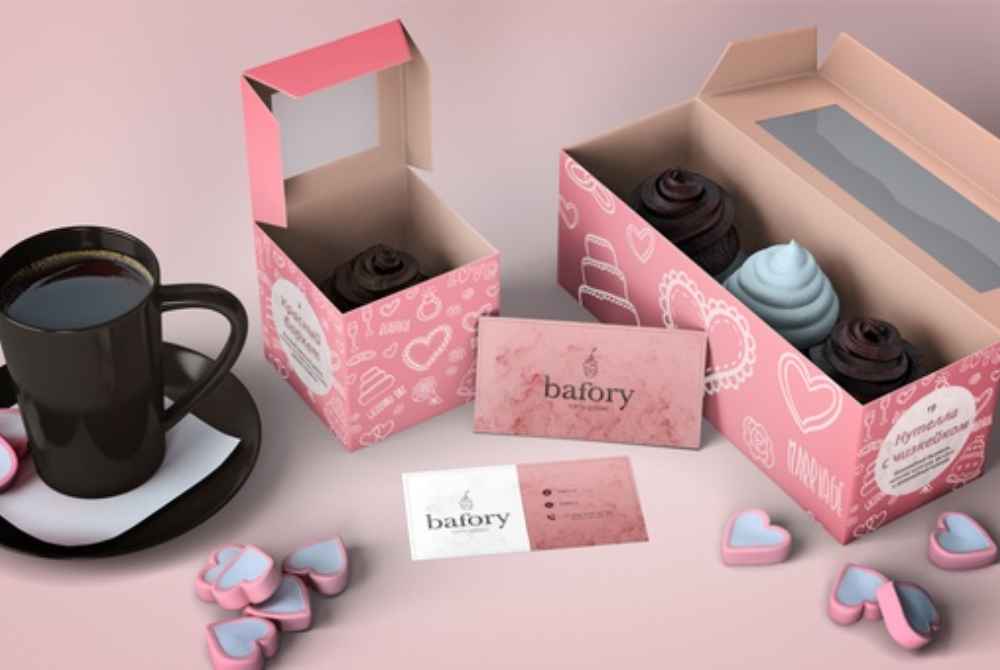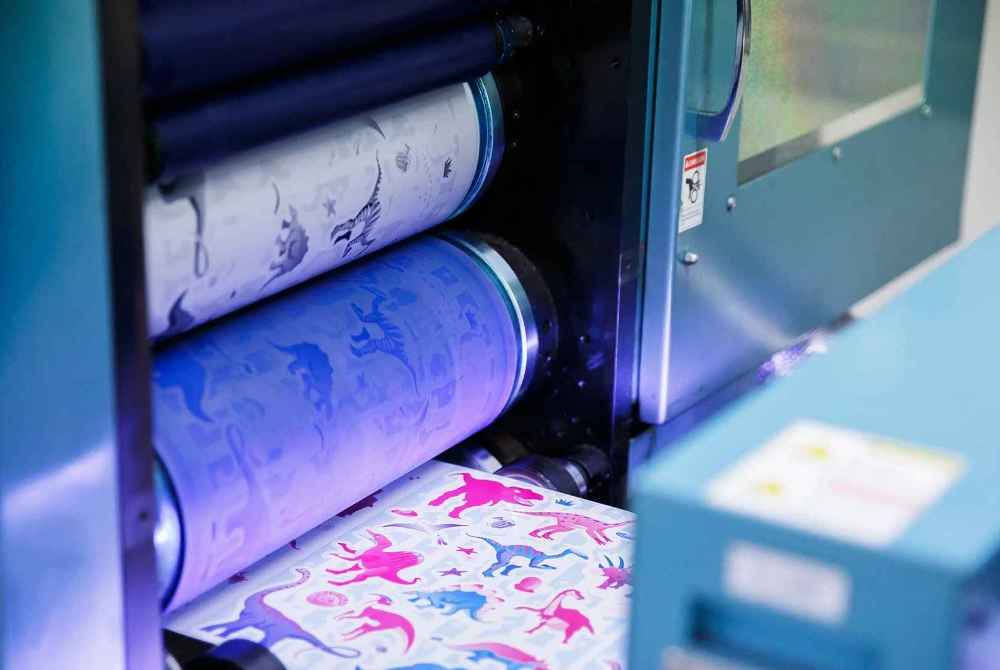Window Patching Films Made Of PET And PVC
Polyvinyl chloride (PVC) is the most commonly used material in window patching, followed by polyethylene terephthalate (PET) and polypropylene terephthalate (PP).
Plastic is shaped and dried into the desired shape for greater protection. Despite regular handling, this makes it virtually impossible to tamper with the film. While PET film is light, it resists external pressure and protects the product inside, leaving it susceptible to scratching. As a result, it is a great option for retail and consumer products, particularly food products.
Compared with PVC film, PVC film is even more durable. It is also resistant to moisture and weathering the elements. UV rays can, however, degrade and discolor PVC film. In addition, this can cause rippling within the packaging and an odor. As a result of the odor, we don't recommend this Food or snack packaging film is not recommended for products that require it, but it is recommended for products that need extra protection.
Other Types of Window Patching Films
Window patching films are not limited to PET or PVC. Depending on your product and custom window boxes, other films may be better suited to your needs. An example would be:
Shrink films and boxed goods are made from polyolefin.
It is best to freeze foods in polyethylene.
The glassine material is used for products with high grease levels.
For baked goods and candy, polypropylene is the best material in bakery boxes with windows.
For air- or light-sensitive products, laminated foil is best.
Windows Can Be Rigid Or Flexible.
Cellophane window packaging (also known as windowing) is more common than ever, and Using this strategy will differentiate your product from your competitors. With these windows, your customers can see your product exactly as it is before unboxing—with nothing to hide. In turn, this leads to credibility, trust in your brand, and an engaging user experience.
Cellophane windows are commonly used in cosmetics, retail products, and food and beverages. Take a moment to recall you recently purchased a product with a small window that allowed you to see the contents. Wasn't it an instant reflection of quality?
These types of windows allow you to choose rigid or flexible windows. Polyester film is used to make flexible windows, which are the most affordable. The film can also be recycled and is eco-friendly. Because of its flexibility, it's great for packages with odd shapes or curves.
As a result of its strict adherence to food safety standards, this type of cellophane packaging is also approved for food contact. The advantages of rigid windows outweigh those of flexible windows, even though flexible windows are more affordable.
A rigid window is typically made from a hard plastic resin and is used on high-end or luxury products. Some cosmetics and pharmaceutical products also contain them.
You can also use rigid windows to protect large packages with a wide window area. This type of patching provides far greater strength than other forms of window box patching, allowing your product to be displayed in its entirety, shown in crystal clarity, and protected.
Patching Windows
A machine designed specifically for window patching allows the process to take place. This machine applies windows to products using a reel containing a specific type of plastic film, such as PET or PVC. Using electromagnetic energy, the product passes quickly through the reel, and the film is applied to the packaging paper.
Plastic film generally adheres to materials instantly without needing to dry. This makes the package ready once it has completed its run from the window patching machine, greatly speeding up the process.
Window Box Patching Considerations
Remember these things to help you better decide which type of window patching is right for you. To help you make the right choice, here are a few tips:
Size of the Window
First, consider the size of the window you want on your Packaging. A strong film on a large window will prevent it from breaking, scratching, and tearing. Thinner films are best suited to smaller windows. When designing your box, leave enough room for the film to be glued or pressed into the material.
Levels of Strength and Sturdiness
Pharmaceuticals and cosmetics, for example, require a higher level of stiffness and sturdiness to protect them and provide impeccable clarity to showcase their contents. In addition to high-gloss lamination, these products are usually positioned to make them more eye-catching.
High-end products also need great tensile strength during shipping to prevent tearing or breaking. Due to the high requirement for structural integrity, packaging production will be slower, increasing cost.
Elements Exposure
Additionally, if your product is exposed to elements, including heat, moisture, or freezing temperatures, you should consider how that may affect the contents. The packaging film must be stable enough to handle this.
While baked goods are still packaged, for instance, hot, creating a steamy, high-moisture environment. To protect the integrity of the product, they can be flash frozen. Inadequate Packaging could make this process a disaster, so you should entrust your product packaging to a professional.
Learn more about spot UV, soft-touch coating, lamination, and varnish for custom packaging. This comprehensive guide will help you quickly understand packaging terminology as you create custom boxes.
Are You Having Problems Patching Your Windows?
If you need to learn how window patching fits into your overall plan for product packaging design, you may feel overwhelmed by all the choices available. Luxury Custom Boxes can help you make a confident decision.
Whether you need a large, clear, high-visibility window to showcase your product's beauty and style or want something smaller or more environmentally friendly that can be recycled, we've got you covered.
Tell us about your product and your vision for its Packaging today. You don't have a packaging design in mind? Our company's talented team of artists is on staff to conceptualize your idea and turn it into a breathtaking design you'll love.
Our packaging and window patching experts at Luxury Custom Boxes can provide a free, no-obligation quote.


